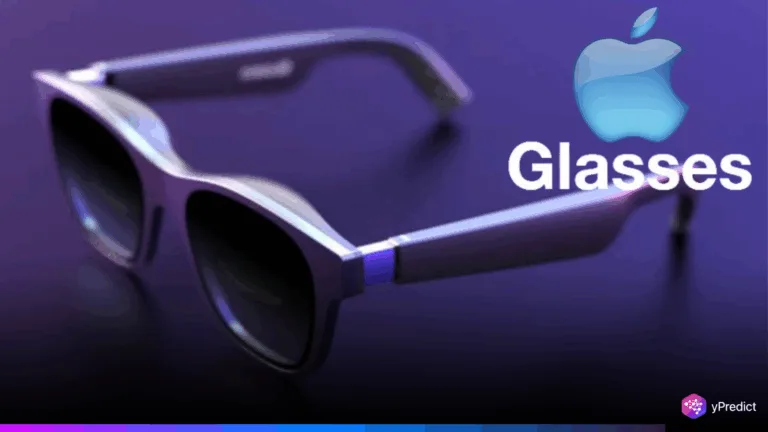
Apple has long been praised for its innovative and iconic marketing, but the backlash against Apple Intelligence has brought the company under scrutiny. The company’s recent advertising claims about its AI-powered features are being challenged by the Better Business Bureau’s National Advertising Division (NAD).
BBB argues that the promotional content was misleading regarding the availability of new tools like the Siri upgrade. Despite Apple’s strong legacy of product rollouts, this move has drawn attention to the gap between promise and delivery in their marketing claims.
Is Apple Overselling Its AI Innovations?
Apple’s strategic push into generative AI took a hit when the NAD called out its marketing claims for overstating product readiness. The organization’s primary concern was the “Available Now” tag used across the Apple Intelligence webpage and promotional materials for the iPhone 16. It gave users the impression that all features, like Image Playground, Genmoji, and the much-anticipated Siri upgrade, would be instantly accessible upon the phone’s release.
In reality, Apple delayed the release of these features over several months, starting in March 2025. The NAD also criticized the fine print in Apple’s ads, saying the footnotes didn’t clarify the rollout timeline. Although Apple has made changes to its materials and taken down some content, the backlash against Apple Intelligence points to a more serious problem. In the race to dominate the AI space, Apple is struggling with making too many promises too soon.
Watchdog Cracks Down on Apple’s Bold Claims
Another prominent feature at the center of this controversy is the Siri upgrade. This upgrade was advertised with major enhancements like on-screen awareness and cross-app control.
A promotional video titled “More Personal Siri” was also pulled before it could be reviewed by the watchdog. Although Apple said the features are now live, the NAD maintained that such marketing claims must be backed by actual availability at the time of promotion. The case shows how brands may unintentionally mislead consumers when promotional enthusiasm shortens the development timelines.
Apple has responded to the Apple Intelligence backlash by stating that while it disagrees with some of the NAD’s findings, it respects the process. Apple further declares that it will follow suggestions. The company’s revised messaging now emphasizes rollout schedules, though some critics argue this should have been clear from the outset.
Can Apple Restore Trust in Its AI?
With the NAD’s report making waves, Apple may now tread more cautiously in its future AI-related promotions. Even for a tech giant that is skilled at marketing, the Apple Intelligence backlash is a lesson in caution. Now, the emphasis must shift to development that meets promotional promises.
Apple is expected to increase transparency in its marketing claims, particularly for features such as the Siri upgrade. As consumer expectations rise, so does the need for tech giants to deliver their best while underpromising.
This controversy also draws attention to a larger issue facing the industry, which is finding a balance between excitement around the innovation and real-world application. If Apple can refine its rollout strategies, the Apple Intelligence backlash may ultimately strengthen the company’s long-term AI credibility.
Final Verdicts: Lessons from an Apple Marketing Misstep
The Apple Intelligence backlash highlights the critical need for transparent marketing in the AI space. This incident highlights the significance of cautious marketing, even though Apple has taken action to relieve concerns. In the fast-moving tech world, it’s essential to deliver on promises. Otherwise, even the most established brands risk losing credibility.






